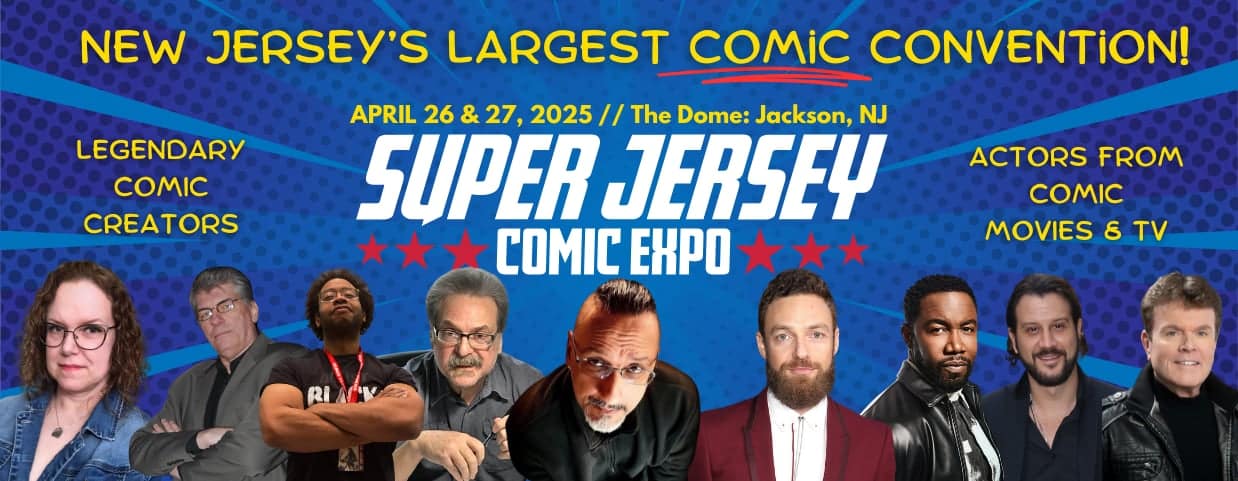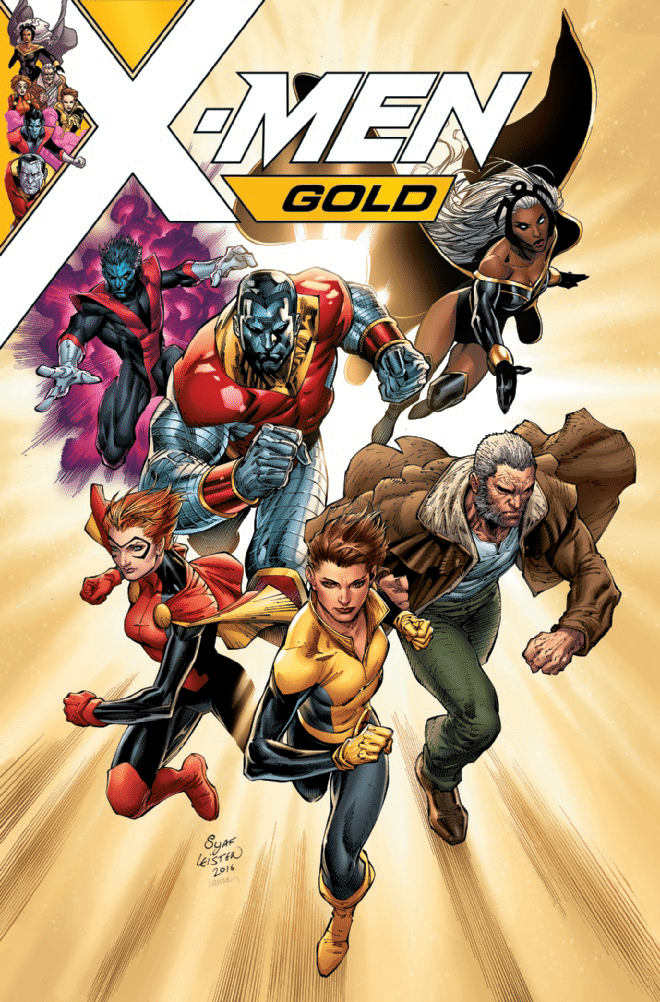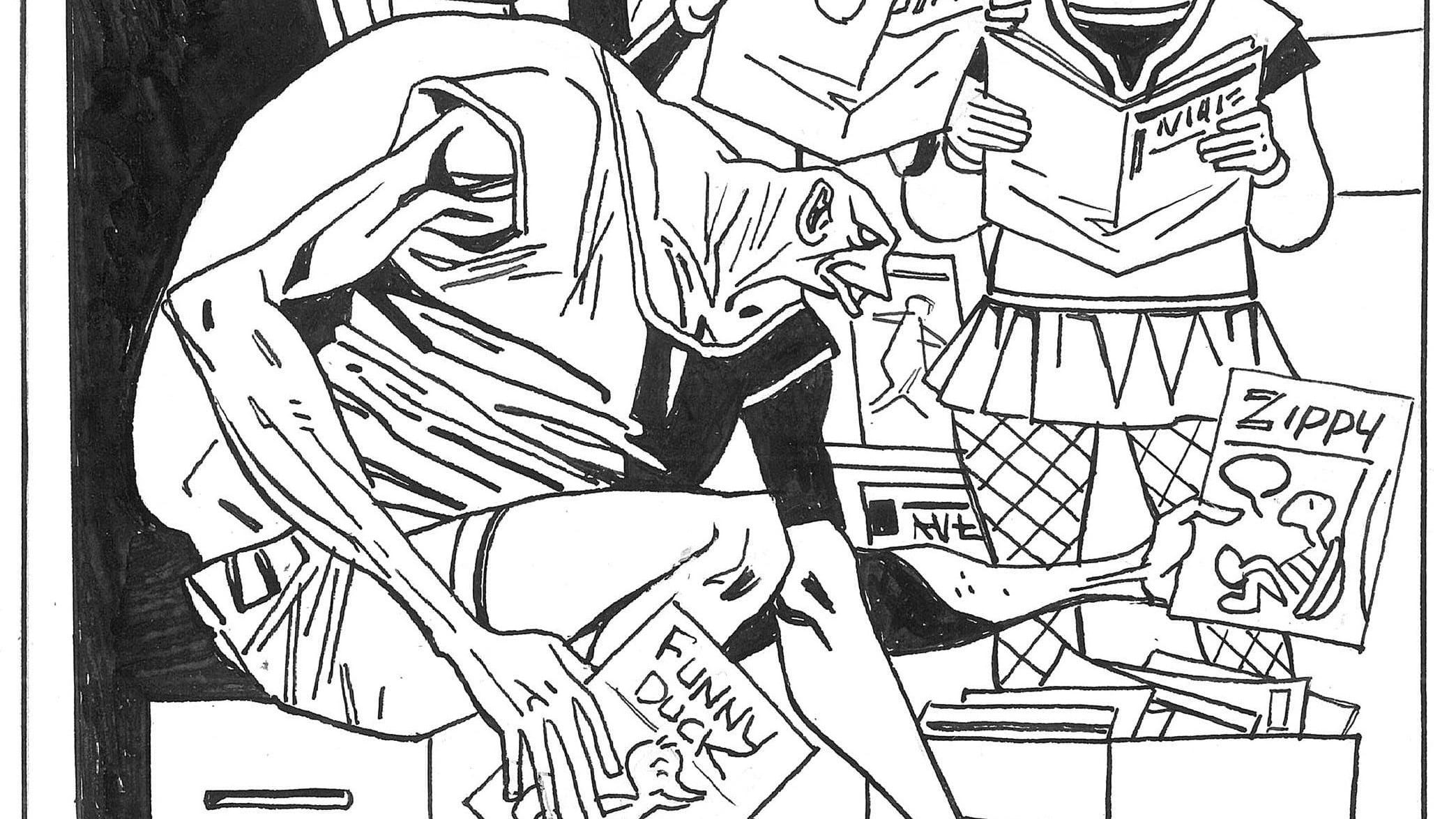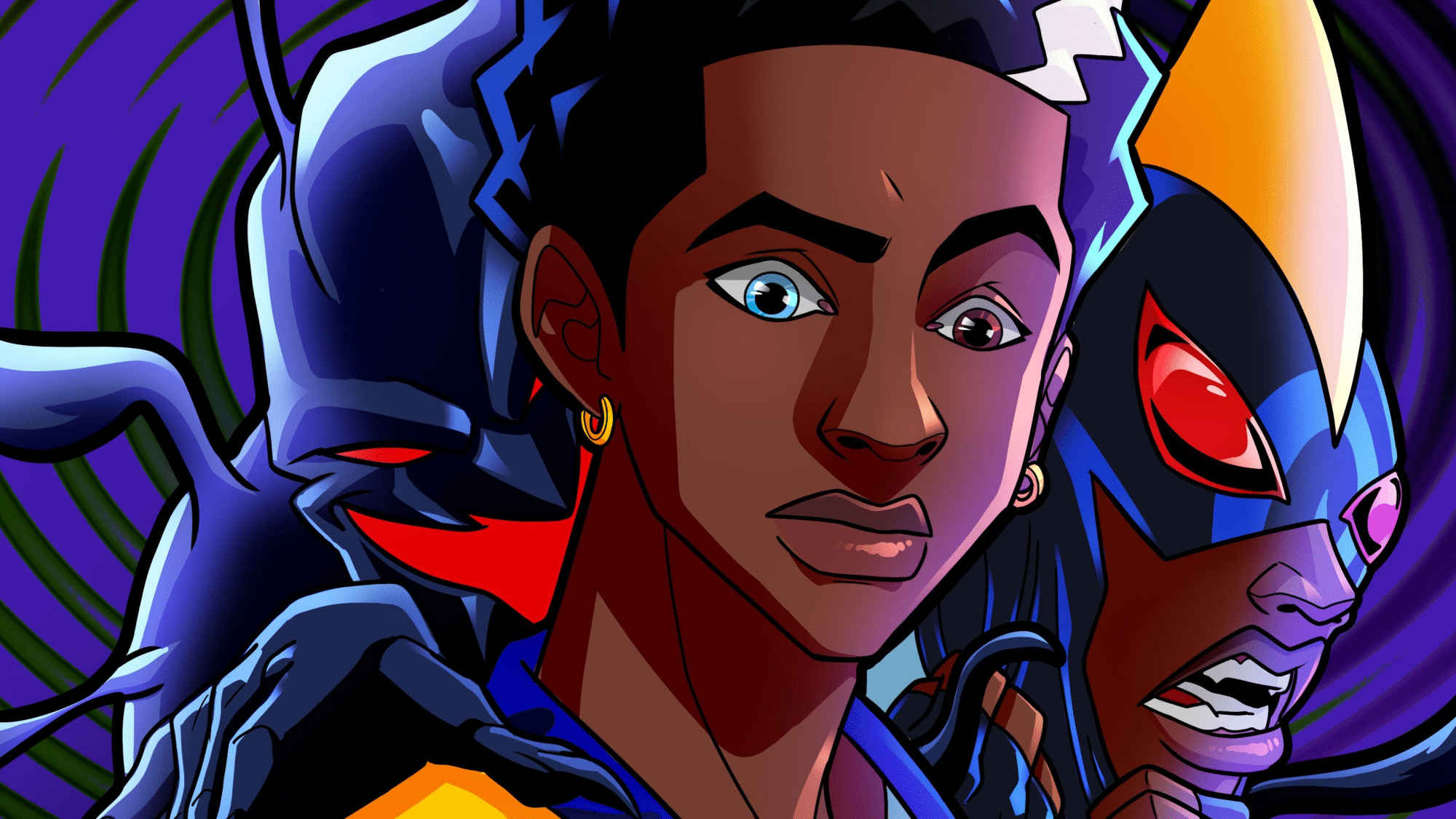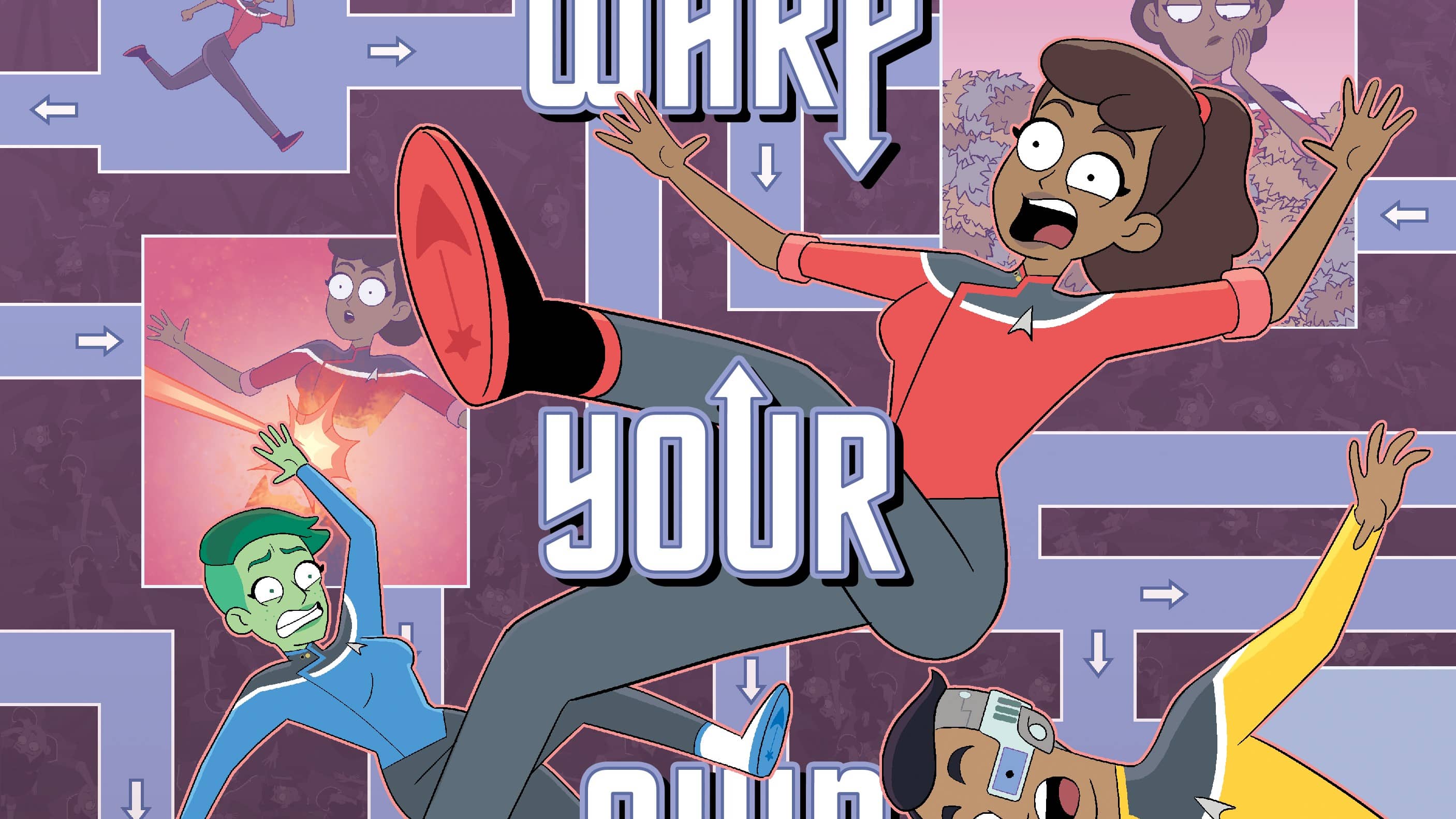Marc Guggenheim is the mind behind X-Men Gold and CW’s Arrow and has previously written Wolverine, X-Men, and Young X-Men. He sat down with Xavier Files to discuss the ResurrXion of the X-Men.
Xavier Files: The X-Men mean a lot of different things to different people, but what do the X-Men stand for in your eyes?
Marc Guggenheim: It is so noble to be a superhero but it is far more noble to be a superhero to people who hate your guts. It’s kind of easy for Superman, Superman has got it good. People have Superman day and make museums to him, and that’s all well and good but he’s got it relatively easy compared to the X-Men. They deal with all the same threats but all the people they are saving hate them and fear them or feel like mutants should be rounded up and put in concentration camps. I’ve always been attracted to that nobility of the outsider who’s still willing to risk their lives to protect people who might not even be worth of that protection.
XF: This isn’t your first time writing for Marvel’s merry mutants. What have you learned from your other runs that you are bringing into X-Men Gold?
MG: I’m really trying with this run to adopt a very clean, no frills, writing style. I tend to write a lot of banter but with this book, I wanted to minimize that, come up with panel suggestions that are very clean and iconic, minimize the number of panels per page to let the art breathe. I’m trying to adopt as much of a minimalist approach as I can. That’s in large part because on this book I am working with three amazing artists (Adrian Syaf, Ken Lashley, and R.B. Salva) and their brilliant craft does not need to be crammed into six panels per page or covered with word balloons. I’m trying to write a wide screen, big, epic X-Men books.
XF: A key part of your book is moving backward to go forward. How do you balance nostalgia with innovation?
MG: My point of inspiration here is John Byrne’s run on Fantastic Four. What I admired was him using the back to the basics approach as a Trojan Horse to introduce new and interesting concepts to the Fantastic Four. There’s a lot of different ways of putting it, going backward to go forward, retrenching the book in a classic, nostalgic style and using that as a foundation to build and add new elements. By the end of the second arc, we’re already starting to establish new ideas and changes to the characters.
It’s totally a balance. There are some readers who will crave new ideas, which they should because books should constantly be evolving, but at the same time you have a lot of readers who don’t want too much change, they are nostalgic for the characters as they remember them. As long as the storytelling drives the evolution, you will find that proper balances between the two.
XF: One of the things I’ve learned is that every character is someone’s favorite. So how did you balance that to assemble the team you have?
MG: The first thing as a writer you have to recognize is that there is just so many X-Men and there is no way to get them all in there. One of the things I’m trying to do is work with this core group but find opportunities where ever I can to bring in different character. For example, Rockslide and Armor play pivotal roles in the conclusion of this first arc. I’m a big Anole fan so he keeps popping up. Gambit is going to be a guest star in the second arc. It’s about finding those character moments that work with the plot. I’m a big Cecelia Reyes fan so she shows up in the second arc as well.
What’s great about the number of X-Men is you don’t have to create any new characters. I try to take the approach to ask if there is an opportunity to see a preexisting character here. Even if it’s just a cameo I want to touch as many X-Men as I can.
XF: Is there an X-Character you have been dying to write but haven’t found the right spot for yet?
MG: I could be very provocative and say the adult Jean Grey. [luaghs] But I’m a big Forge fan and I keep trying to get him in the book. He’s been in different drafts but he keeps dropping out for a variety of reasons. I do love Forge and I would love to get him in there. I will get him in there eventually.
XF: What runs do you take the most inspiration from?
MG: The issues I’ve been rereading the most are the first Claremont run and the Joss Weadon run. That being said, I am a fan of the Joe Kelly/Steve Segal years as well as Scott Lobdell’s work and Matt Fraction’s work.
XF: You don’t hear people saying much about the Kelly/Segal stuff.
MG: It’s strong! There’s great art and the two books spoke to each other in a big way. There is great humor in it and interesting characters and new concepts. I don’t think that run gets nearly to amount of respect it deserves. It was so caught up in the 90’s. I feel like everyone’s memories of the 90’s is skewed for some reason. That decade stands out as a weird one in comic book history. I enjoyed that run a great deal.
XF: This run, much like Weadon’s Astonishing, puts Kitty Pryde front and center. What’s the appeal of making Kitty the leader of the mutant race?
MG: Well, I suspect Joss and I have something in common. We both have huge crushes on Kitty and great affection for the character! I will say “Joss, I saw her first!” My very first issue of X-Men was #139, the “Hope you survive the experience” issue, so she has always been my favorite X-Man. I’m very cognizant that Joss had her front and center but what I am doing differently is making her the leader of the team.
I’ve been living with this character for so long that she is like a real person to me. Often times it doesn’t feel like I am writing her so much as she’s just doing stuff and I’m taking down notes. One of the things that has surprised me is how capable a field leader she is. She has an incredibly tactical ability. I didn’t expect that. She is very different than Cyclops and Storm who often were the leader in the aftermath or between fights.
XF: What are you most excited for fans who have been feeling marginalized to see?
MG: I’m writing the X-Men book that I want to read. I hope that what I want to read, everyone else wants to read. I feel like my bonafides as an X-Men fan are pretty well established and, for me, this is the gig of a lifetime. I am approaching this from the standpoint that I gotta get this right. To that end, I am really trying to write the X-Men book that I want to read.
XF: A lot of people know you primarily from your TV work. For the people who only know you from Arrow, how would you pitch X-Men Gold to that crowd?
MG: The way I would pitch it is the very simple log line of the X-Men in general, the X-Men are a team of superheroes trying to save a world that hates and fears them. You don’t need to have any prior experience with the X-Men, you could be a lapsed reader from long ago, it doesn’t matter. I’ve literally told you everything you need to enjoy X-Men Gold. If you do enjoy my television work, even if you have never read a comic book before, check it out. What have you got to lose?
Thanks again to Marc for talking to us. Make sure you check out X-Men Gold out today either digitally or at your local comic shop.
Zachary Jenkins co-hosts the podcast Battle of the Atom and is the former editor-in-chief of ComicsXF. Shocking everyone, he has a full and vibrant life outside all this.

